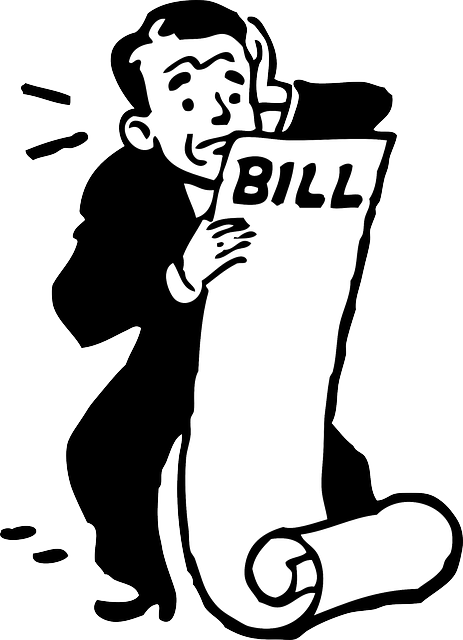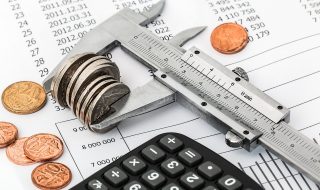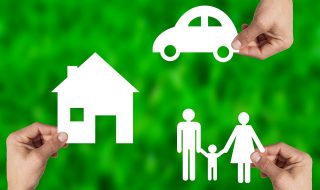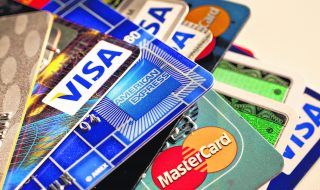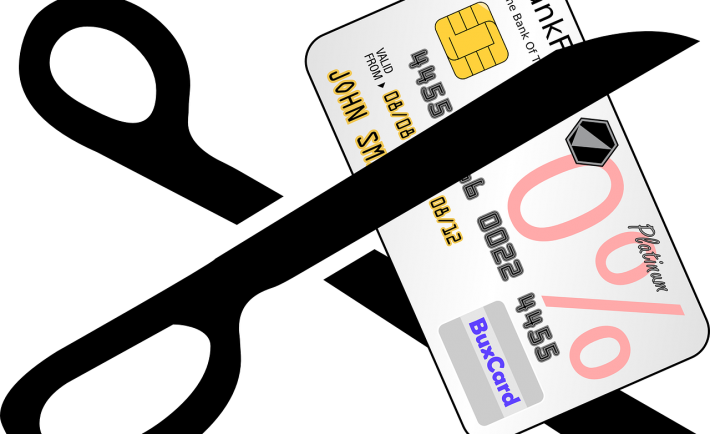
Debt is the amount of money borrowers by an individual or a corporation used to make huge purchases that they cannot afford under the normal circumstances. Pay this debt in a later date and you would get fined with interest! As of June 2015, the total card billings in Singapore amount to S$3,980,000.40 million! If you do not owe anybody now then, good job! You can start browsing our other articles and enjoy your debtless life. For the rest of you, there is an easy way to check if your debt is not healthy and it is called: the debt check.
DEBT CHECK
The debt check gives you 4 warning signs that you are heading to a troubled path. Awareness of this will come a long way later on. Check if these apply to you:
1. You do not know exactly how much you owe. This shows that you are not in control over your debts.
2. You are usually paying late for bills and sometimes, you go over your credit limit. This could only pile up the debt even more.
3. You use your credit card as you would use a debit card just to get by. You can be charged with a higher rate of interest.
4. You are borrowing money to pay your debts. In a sense, you are currently borrowing money to pay the money that you previously borrowed. This vicious cycle is how most people get into trouble.
MAKING YOUR DEBTS HEALTHIER
If all or any of the warning signs apply to you then, you need to take action – now! Take control of your debt and live a happier life by:
1. GATHER DATA
The first step is to gather date of where you are financially. It is important that you are aware of your current debt situation by knowing: how much you owe, to whom you owe these to, how often do you need to repay the amounts, and what interest rates are attached to these.
2. PRIORITIZE DEBTS
The consequences of not paying off some debts are more serious than others so, you must divide your debts into categories. The categories are priority and non-priority debts. Priority debts include mortgage, rent, government tax, loans, utility bills, and child maintenance (if applicable). These are priority debts because you do not want to lose your home, to be bankrupt, to have your electricity cut off, and to be summoned in court. The rest of the debts are non-priority debts.
3. ESTABLISH A BUDGET
Establish a budget to track your spending and savings. Keep track by having an online or physical journal where you log your cash flow every month. By doing so, you will get a fuller picture of where you spend too much and where to cut down costs. You can get out of debt faster if you prioritize paying it.
4. STICK TO YOUR BUDGET
Here are some helpful tips to ensure that you stick to your budget:

